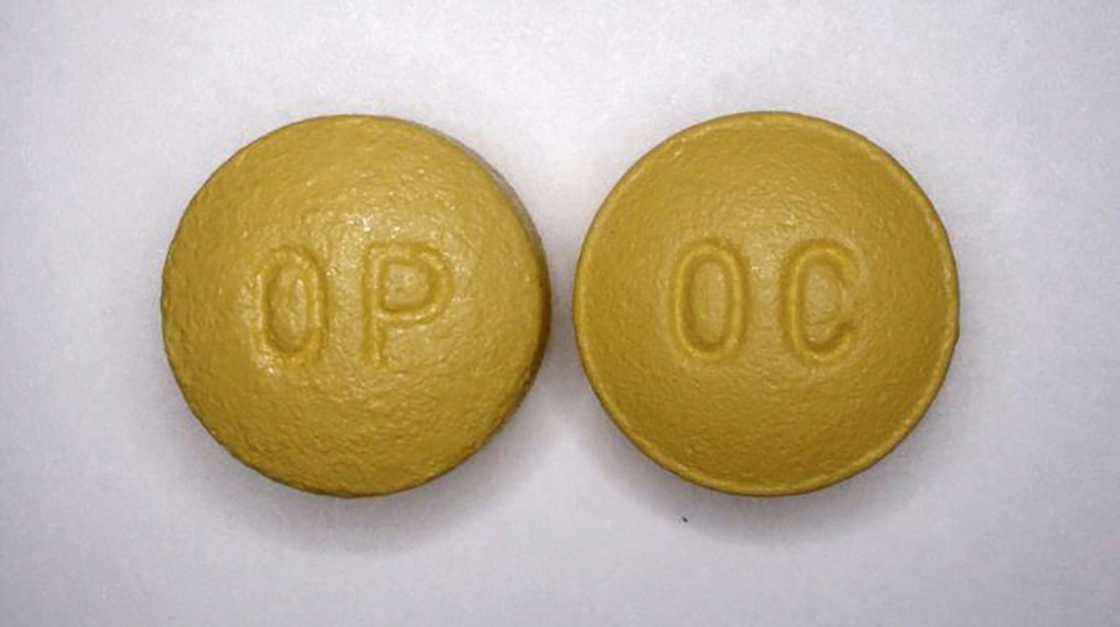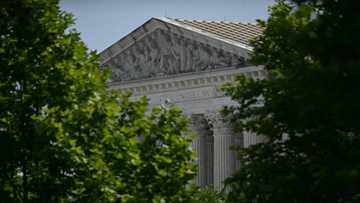US Supreme Court rejects opioid settlement that shields Sackler family

Source: AFP
The US Supreme Court on Thursday rejected Purdue Pharma's $6 billion opioids settlement immunizing the Sackler family, which controlled the drugmaker, from future litigation.
In a 5-4 ruling, the judges agreed with the Justice Department which argued that the Sacklers, who earned tens of billions of dollars flooding the country with highly addictive opioids, should not gain sweeping legal protection in the controversial deal.
The court held that "the bankruptcy code does not authorize this kind of order," with the majority opinion written by Neil Gorsuch and joined by Clarence Thomas, Samuel Alito, Amy Coney Barrett and Ketanji Brown Jackson.
Brett Kavanaugh, Chief Justice John Roberts, Sonia Sotomayor and Elena Kagan dissented, in a case where judges defied conservative-liberal fault lines.
"The Sacklers have not agreed to place anything approaching their full assets on the table for opioid victims," wrote Gorsuch.
"Yet they seek a judicial order that would extinguish virtually all claims against them for fraud, willful injury, and even wrongful death, all without the consent of those who have brought and seek to bring such claims."
"If past is prologue," Gorsuch quoted the Justice Department as saying, "there may be a better deal on the horizon."
Flawed deal better than no deal?
In a blistering dissent, Kavanaugh said: "Today's decision is wrong on the law and devastating for more than 100,000 opioid victims and their families."
"The plan was a shining example of the bankruptcy system at work," he continued.
"Not surprisingly, therefore, virtually all of the opioid victims and creditors in this case fervently support approval of Purdue's bankruptcy reorganization plan," Kavanaugh said, with a only a "small group" opposed, including some creditors in Canada.
What's more, he added, Thursday's decision could have ramifications for cases such as those involving abuse claims against the Catholic Church, which relied on similar deals.
The 2022 Purdue agreement, suspended since last August, came after years of negotiations involving officials from all 50 US states.
It set aside $6 billion for victims of the opioid epidemic from the 2019 bankruptcy of Purdue, which made prescription painkillers like OxyContin.
The settlement gave the families of Raymond Sackler and Mortimer Sackler protection from all future civil claims, effectively protecting their other assets from opioid-related lawsuits.
The Justice Department, acting as a bankruptcy watchdog body known as the US Trustee, accused the Sacklers of withdrawing $11 billion from Purdue Pharma over the decade before the company filed for bankruptcy protection.
Free-wheeling prescriptions
Arguing the case in December, Deputy Solicitor General Curtis Gannon outlined the Biden administration's objections to the deal.
"It permits the Sacklers to decide how much they're going to contribute," Gannon said. "It grants the Sacklers the functional equivalent of a discharge."
But Purdue Pharma argued rejecting the settlement could lead to years of litigation and leave victims with no compensation at all.
"Today's ruling is heart-crushing," Purdue said in a statement, adding however "the decision does nothing to deter us from the twin goals of using settlement dollars for opioid abatement and turning the company into an engine for good."
Purdue's bankruptcy filing resulted directly from the massive, country-wide litigation against it and other major drugmakers and pharmacy companies for knowingly fomenting the addiction crisis.
Under the March 2022 settlement, the Sacklers were "absolutely, unconditionally, irrevocably, fully, finally, forever and permanently" released from further legal liability.
The opioid epidemic has caused more than 500,000 overdose deaths in the United States over two decades, authorities say.
Purdue and other opioid makers were accused of encouraging free-wheeling prescription of their products through aggressive marketing tactics while hiding how addictive the drugs are.
Facing an avalanche of litigation, in 2021 Purdue pled guilty to three criminal charges over its marketing of OxyContin.
PAY ATTENTION: Stay informed and follow us on Google News!
Source: AFP




